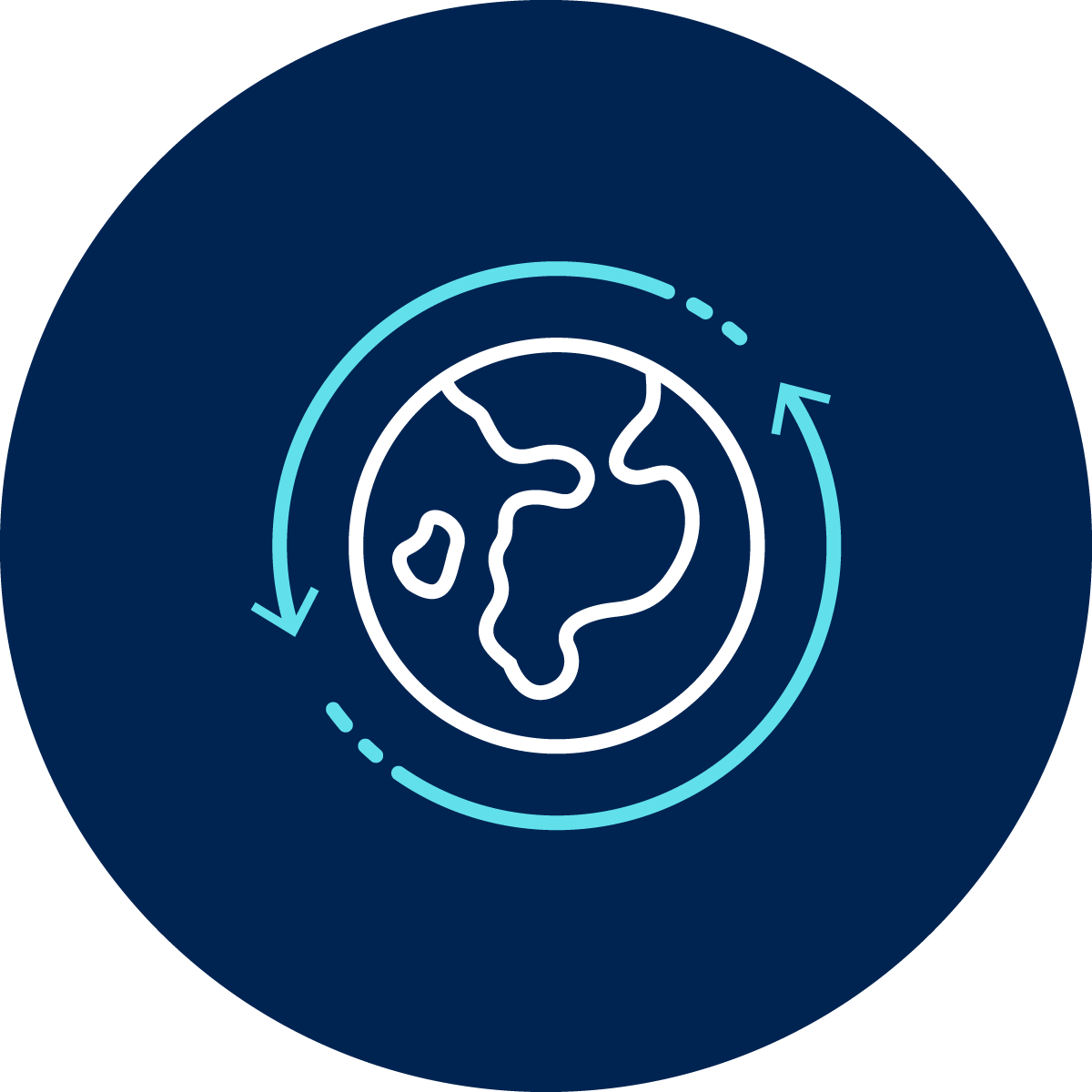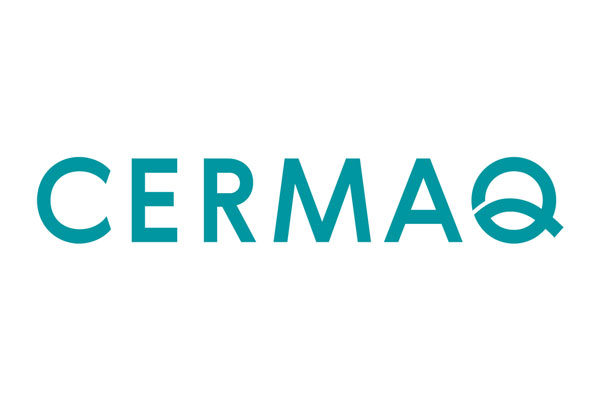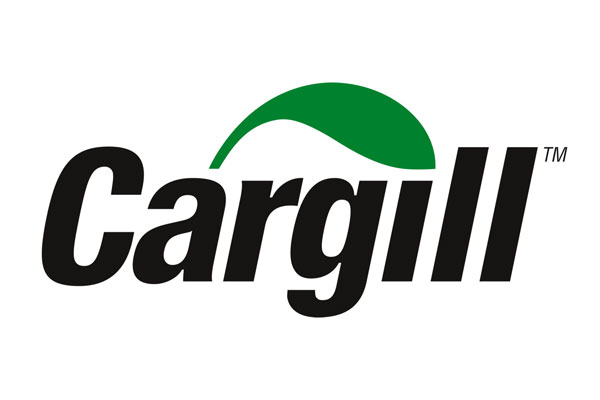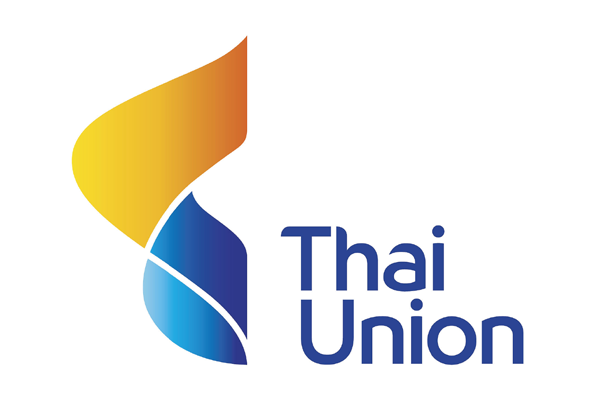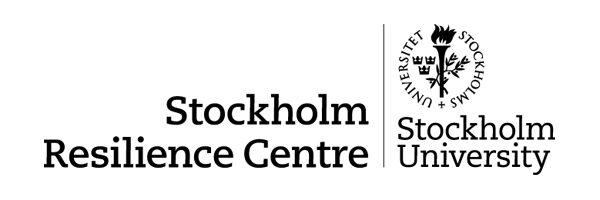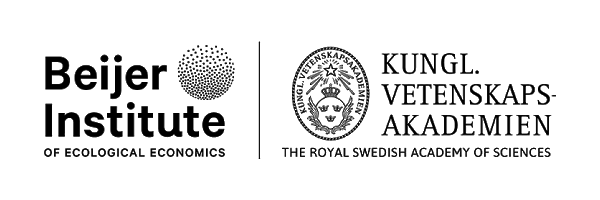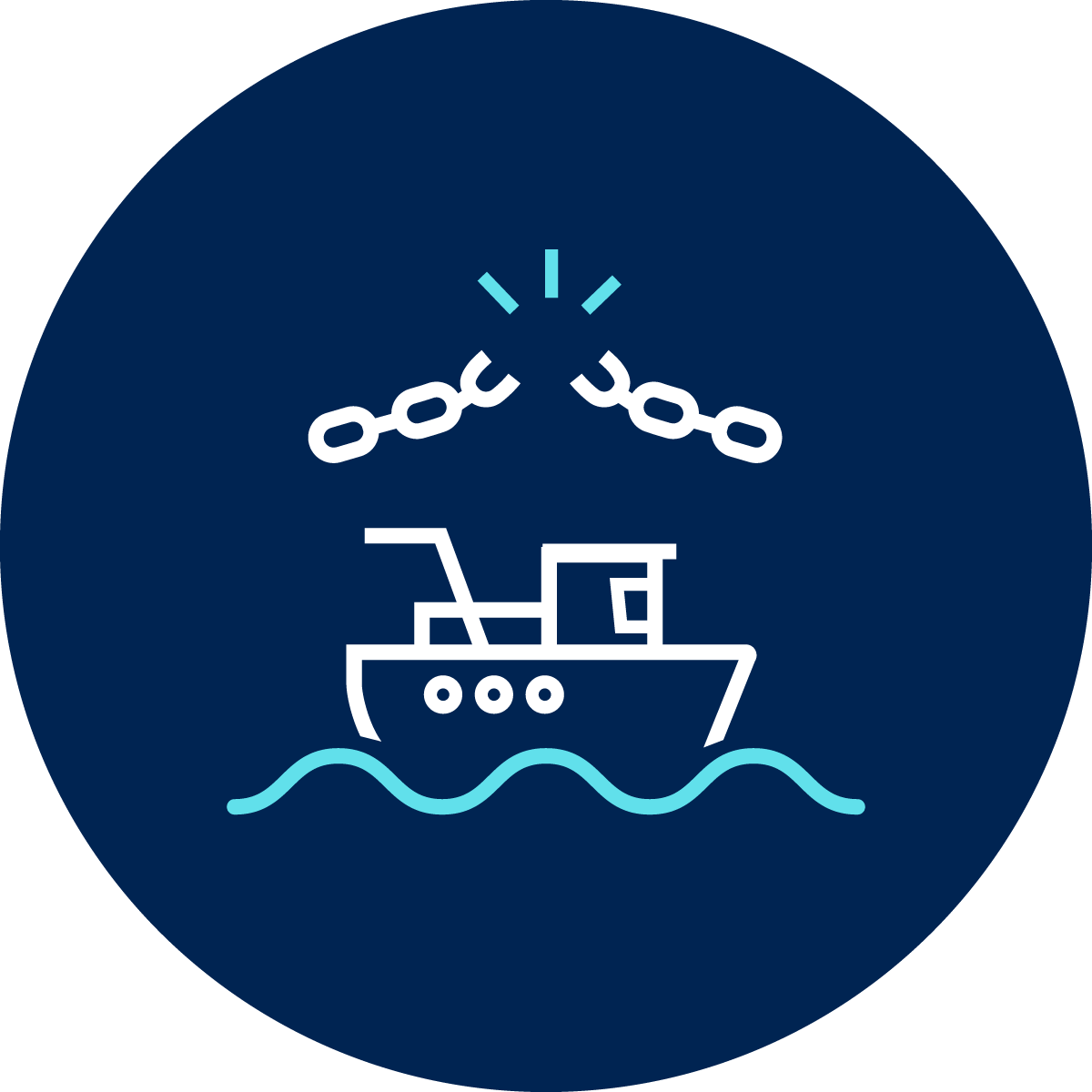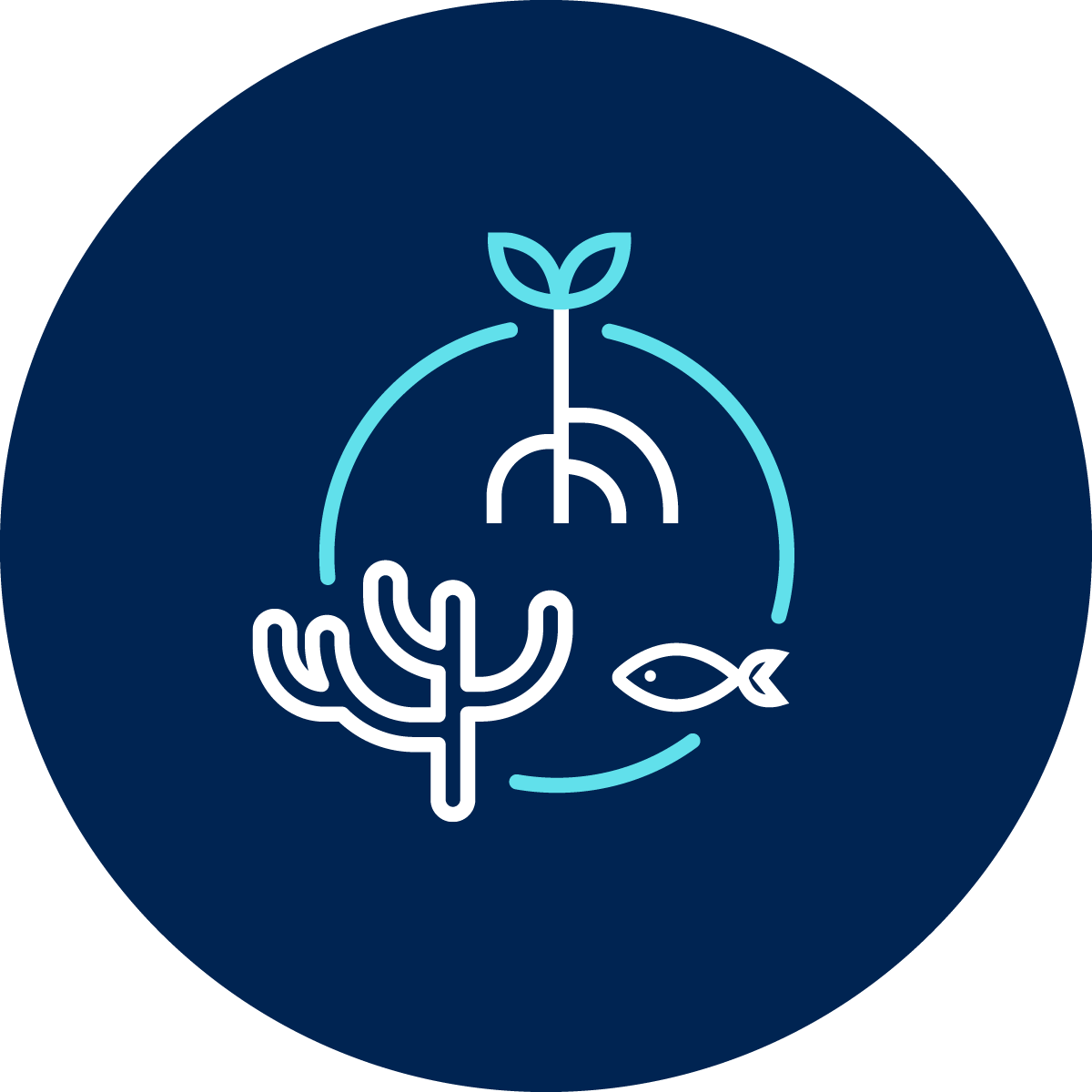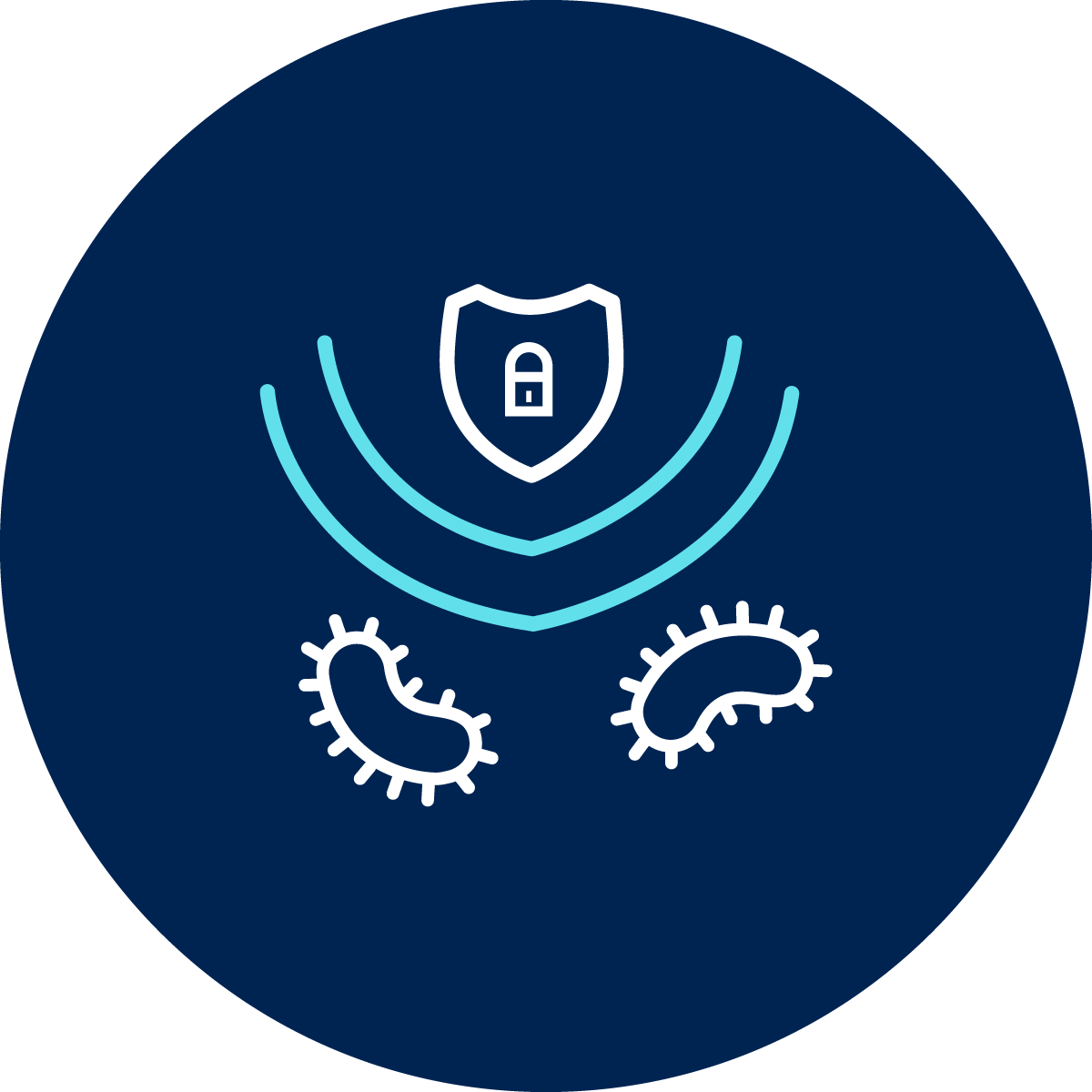Our management approach is two-pronged, focusing on mitigation and adaptation. Firstly, we are committed to reducing greenhouse gas emissions in line with scientific targets. This involves setting and implementing ambitious goals, innovating our operations and supply chains, and reporting publicly on our emissions.
Secondly, we’re developing resilience to manage climate-related risks in our operations. This includes collecting and assessing operational data, advancing our understanding of blue carbon ecosystem conservation and restoration, and leveraging financial instruments to support transformation.
Goals agreed in October 2020
1. Companies will establish science-based goals and reporting approaches for reduction of greenhouse gas emissions by October 2021. (Note: see October 2021 press release)
Goals agreed in October 2021
1. To all have time-bound GHG reduction targets aligned with the Paris Agreement announced by May 2022
2. To take actions on climate resilience including to publicly report our scope 3 emissions by October 2022; surveys and GHG emission transformation workshop late 2021; raising awareness of the benefits of dietary shifts as part of the solution to climate change in our communications strategy
Sustainable Development Goal 14: conserve and sustainable use use of the oceans, seas and marine resources
- By 2020, sustainably manage and protect marine and coastal ecosystems
- Minimize and address the impacts of ocean acidification
- By 2020, conserve at least 10 per cent of coastal and marine areas
- Enhance the conservation and sustainable use of oceans and their resources, by implementing e.g. UNCLOS (United Nations Convention on the Law of the Sea)
Our actions & impact (2023)
Joint action is critical to address climate change. Below is an overview of actions taken by our member companies, including setting climate targets, and reducing and disclosing GHG emissions.
Set Science-Based Targets to Reduce their Emissions
9/9
Reported Scope 1 & 2 Emissions
9/9
Reported Scope 3 Emissions
7/9
Had Their Emissions Reduction Targets Validated by SBTi
5/9
Science outlook
Scope, scale and urgency of action
Climate change represents an existential challenge to humanity, with once-distant projections increasingly becoming a reality. In mid-2023, for instance, nearly half the ocean’s surface area was experiencing marine heatwave conditions, and sea surface temperature spiked to unprecedented levels around the world (see Figure), exacerbating climate change impacts on fisheries and aquaculture production. The IPCC has estimated that more than 99% of the world’s coral reefs would not recover from 1.5 degrees of warming above pre-industrial levels, an alarming prospect given 25% of ocean biodiversity depends on coral reefs during some stage of their life cycle and current emissions reduction policies are expected to result in 3.2 degrees of warming by 2100. Immediate and dramatic reductions are thus urgently needed (see Figure).
Pathways forward
Although the greenhouse gas emissions of SeaBOS members do not represent much at the global level, combined action and substantial emission reductions represent a strong signal to the sector and beyond. All corporations in 2023 should have a public climate target, preferably a science-based target, and consistently report on their Scope 1, 2 and 3 GHG emissions. Leading efforts to standardize reporting methodologies in
the seafood sector will contribute to broader action, while investment in the development of green technologies remains crucial. Collaboration with scientists to understand how climate risk translates into financial risk can help mainstream climate risk reduction into fisheries and aquaculture management.
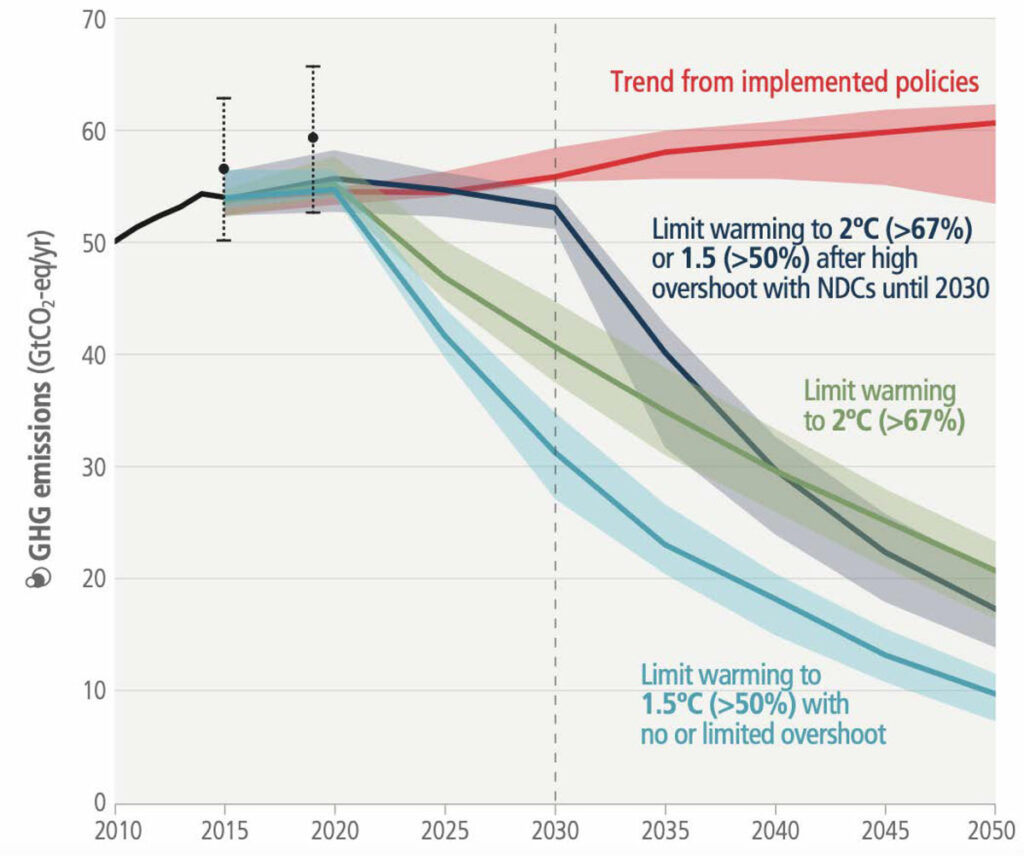
Case studies

Collective commitment to setting climate targets
All SeaBOS companies have established a climate target, of which five are in accordance with the Science Based Target Initiative (SBTi). Acknowledging the challenge in reducing especially scope 3 emissions, SeaBOS is focusing on aligning efforts across the industry and developing GHG accounting standards that enables adequate measurement of emissions and joint efforts through the supply chain to invest in reduction measures.
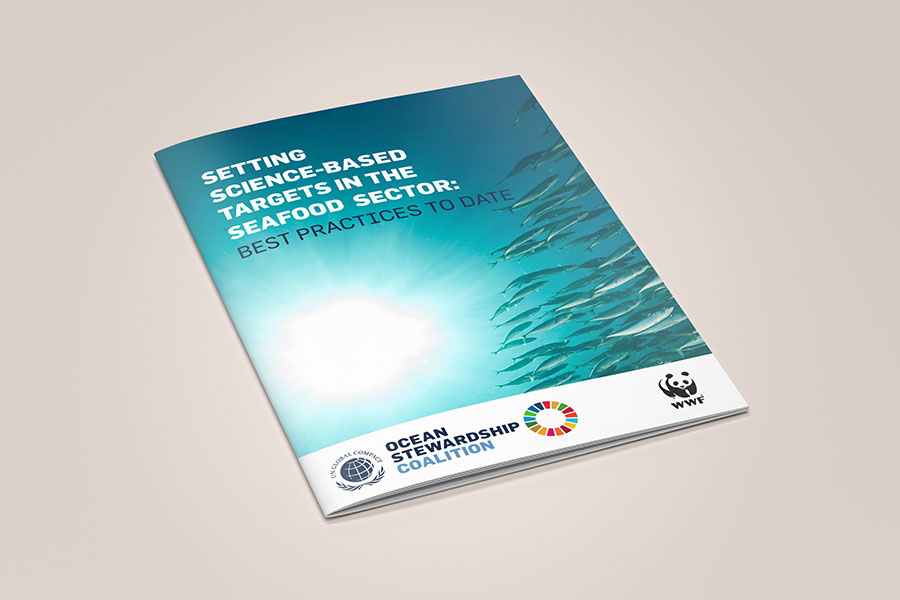
Sharing best practices for climate targets
Together with the UN Global Compact and World Wildlife Fund (WWF), SeaBOS has developed a guide for how to set science-based climate targets in the seafood sector, to guide other seafood companies and encourage climate action. The guide is available here.
